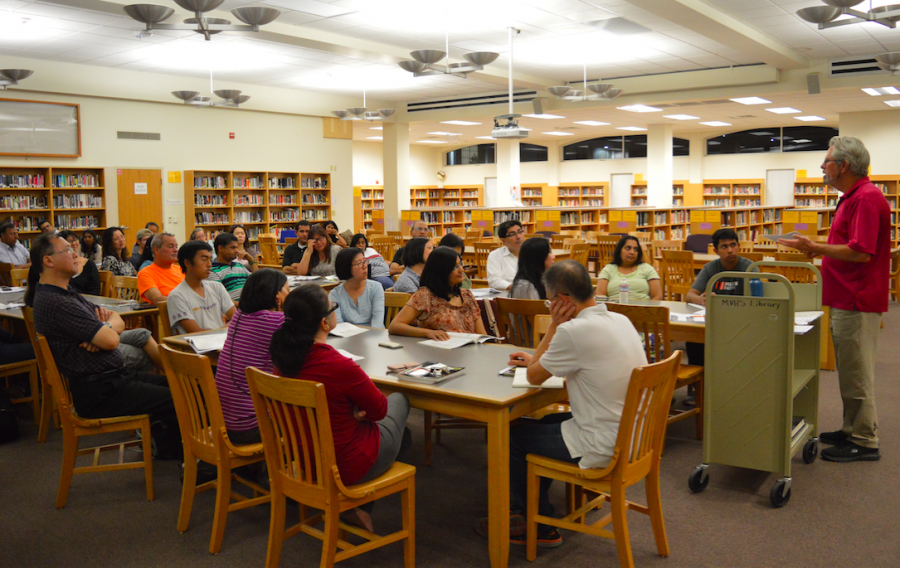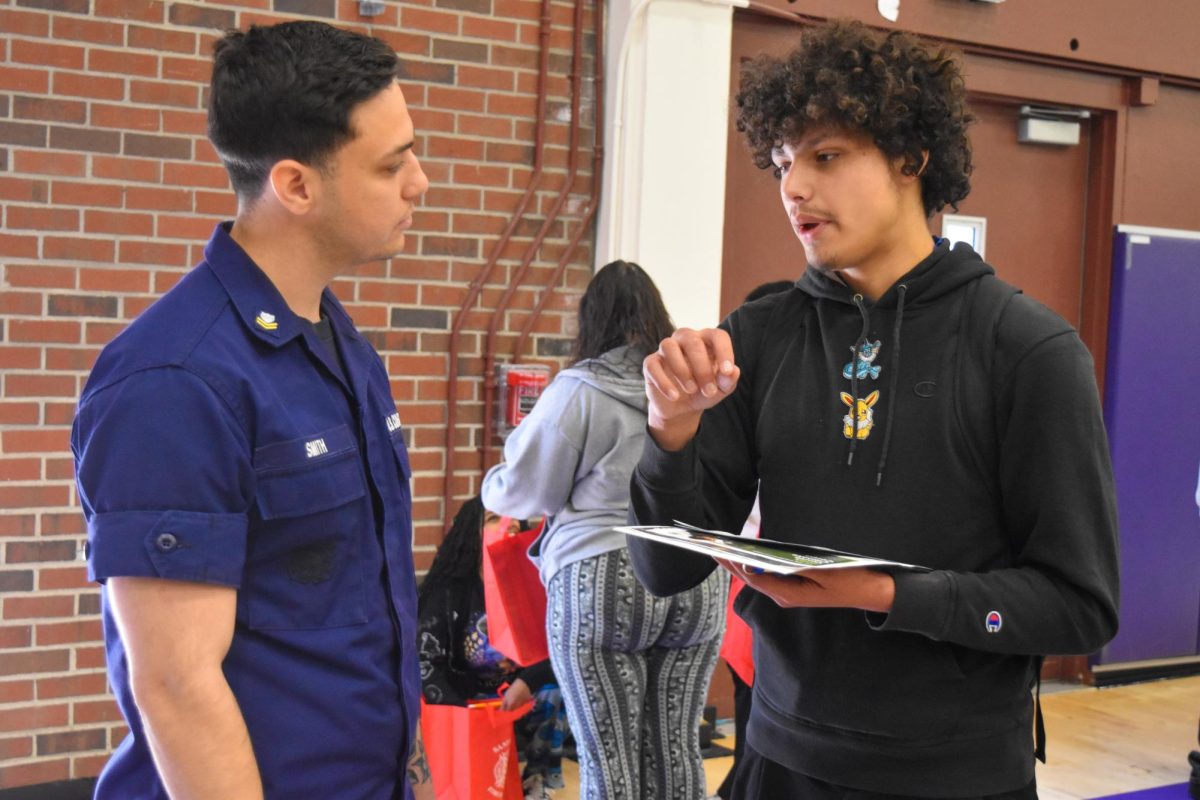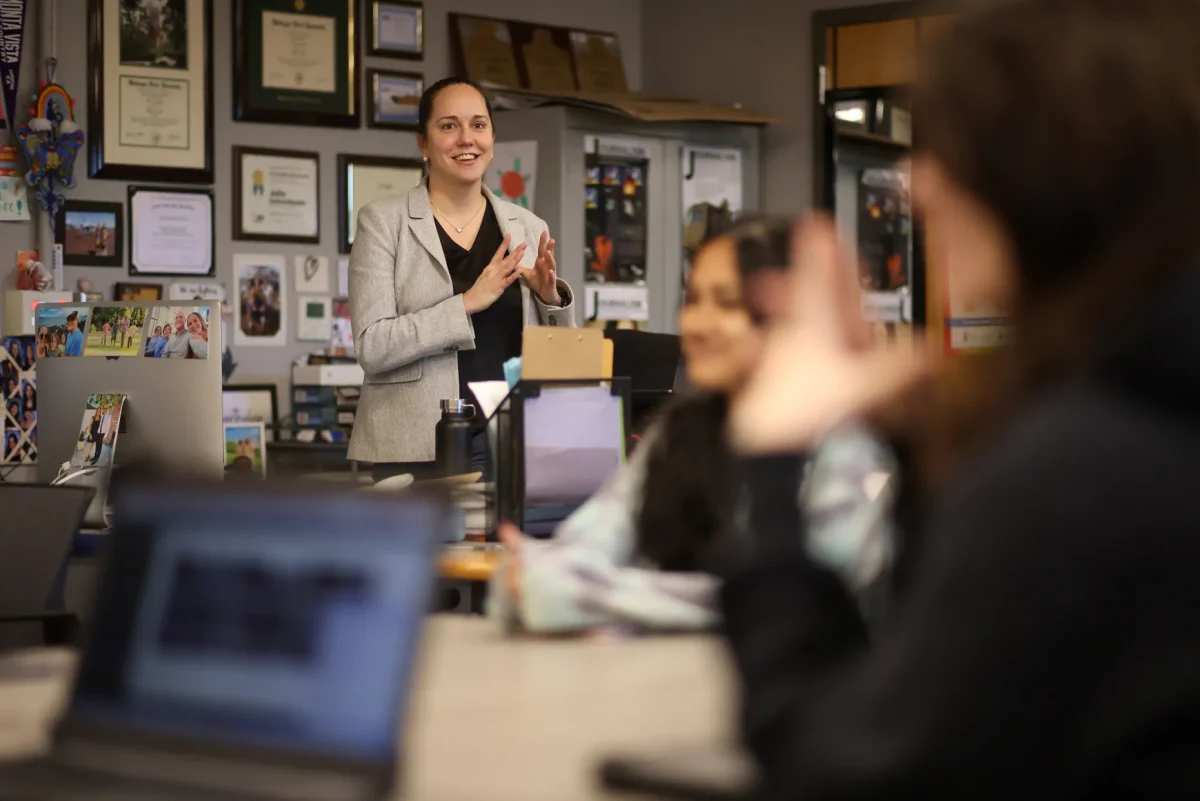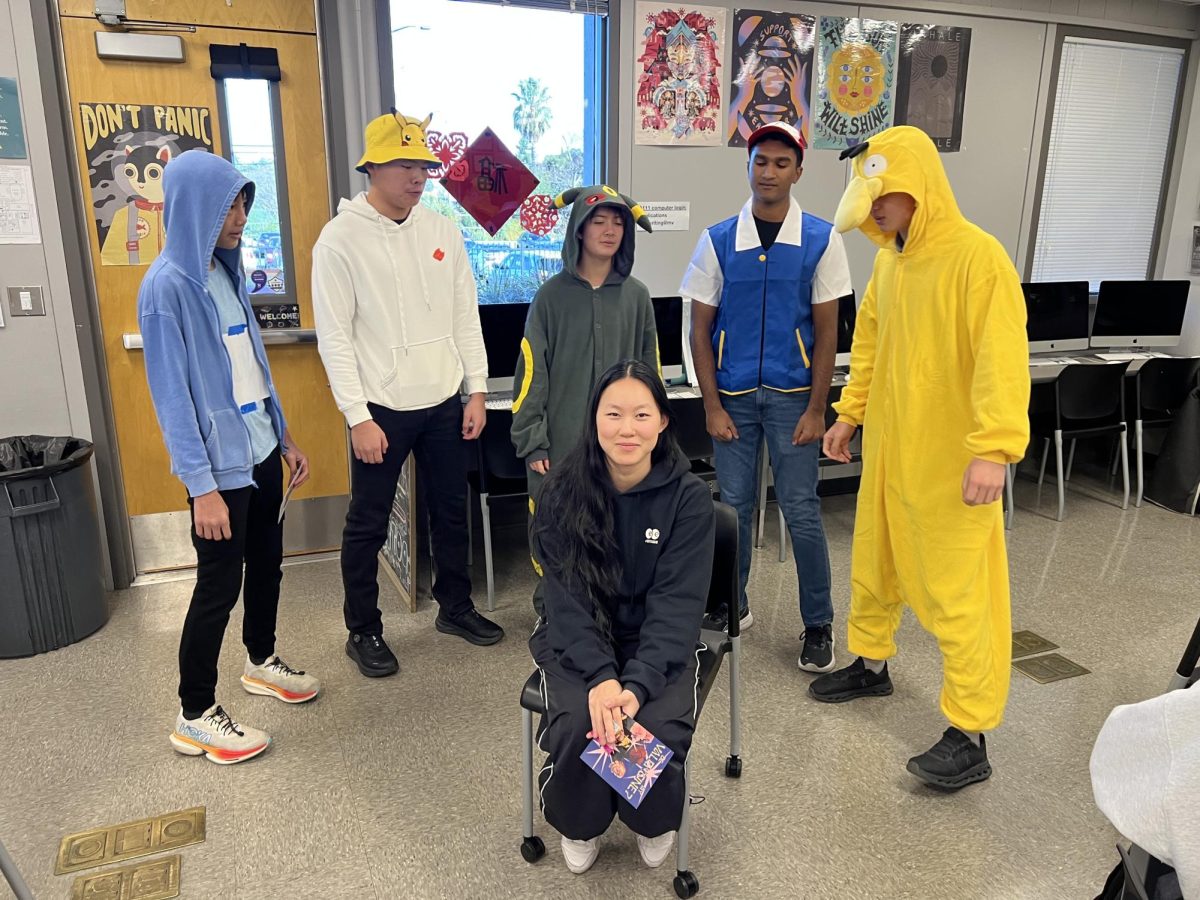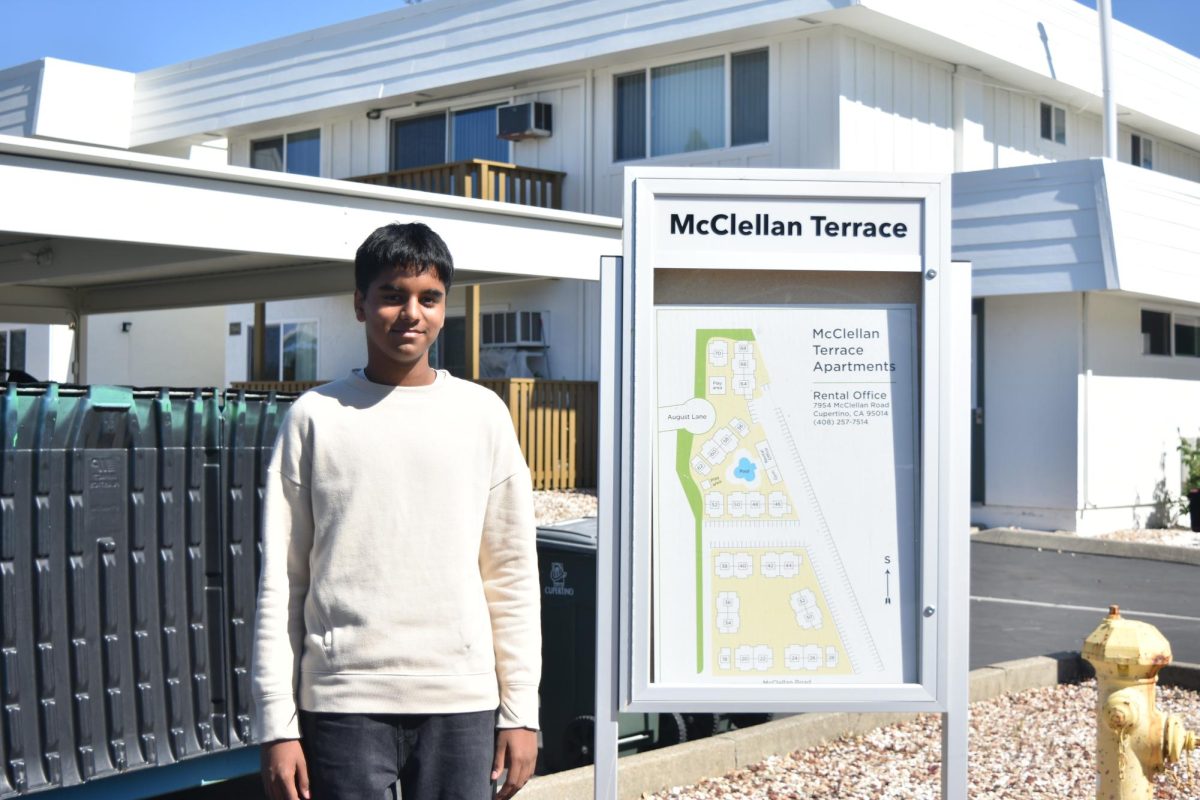According to Prinz, parents sometimes forget to think before talking with their kids.
“I think it is about being more mindful and conscious of your mental state before you interact,” Prinz said. “Get in touch to why you are a parent and the love you feel towards your teen. Your teen is just like you. They want to be happy. They don’t want to suffer.”
Despite being a class for parenting skills, the sessions also attracted students like senior Justin Yee, who attended as part of a physiology project in which he and a few other students had to complete an outside learning experience with a mental health professional. Initially, Yee expected the parents to be oblivious to how they communicate with their teenagers, but that changed after attending a few classes.
“I realized that a lot of parents that actually went to the class weren’t actually parents that needed that much help,” Yee said. “They came to the class to see if they could get more information or see if they could become even better parents.”
For parent Durgadatt Kamath, coming to the parenting class was less about solving issues, but more for preventing any from arising with his son, who is currently a freshman.
“I thought it was interesting to find out how to deal with a teenager well before they get there,” Kamath said. “I’m also a manager at work, so managing people, like anybody else, it’s all about the psychology of things. It’s an interesting topic [and] I thought it would help me personally as well as at work.”
The one and a half hour class gives parents the opportunity to ask questions in relation to issues with their children, allowing students to answer.
“I think discussion helps all the teens that are volunteering give our input on [the parents’] problems and [parents] can see how we feel in different situations,” Yee said. “We’re supposed to do simulations where we’re being the kids of the parents, and I think that’s good.”
Kamath found having students attend the classes only enriches the lessons and helps parents see a different perspective.
“I think it’s a good thing that [students were present] because I feel like there are two sides to the story and I was a teenager myself [a] number of years ago,” Kamath said. “It’s not like we communicate much with our parents, so when you can have the discussion where you are hearing each other’s views in totality, it makes for a much nicer two-way conversation.”
Prinz purposefully structured the class in a way where students could add to the discussion, as he too felt it would be important to have students contribute to the learning taking place in these classes.
“When the [students] speak up, sometimes the parents want to hear from the [students],” Prinz said. “I think it improves their understanding of their situation at home because they are getting a teen’s perspective. It has a lot of benefits, both ways.”
While the class is primarily focused on helping parents, Prinz believes a good relationship between a parent and their child involves better communication from both sides.
“We don’t appreciate our parents enough,” Prinz said. “We don’t think about all that they do for us. We usually focus on what’s going wrong, and I think that works the other way too. Parents get focused on what’s wrong, what the problems are. [Parents] don’t value what their teens are good at, what their talents are, value what they are going through, so I think it goes both ways.”


